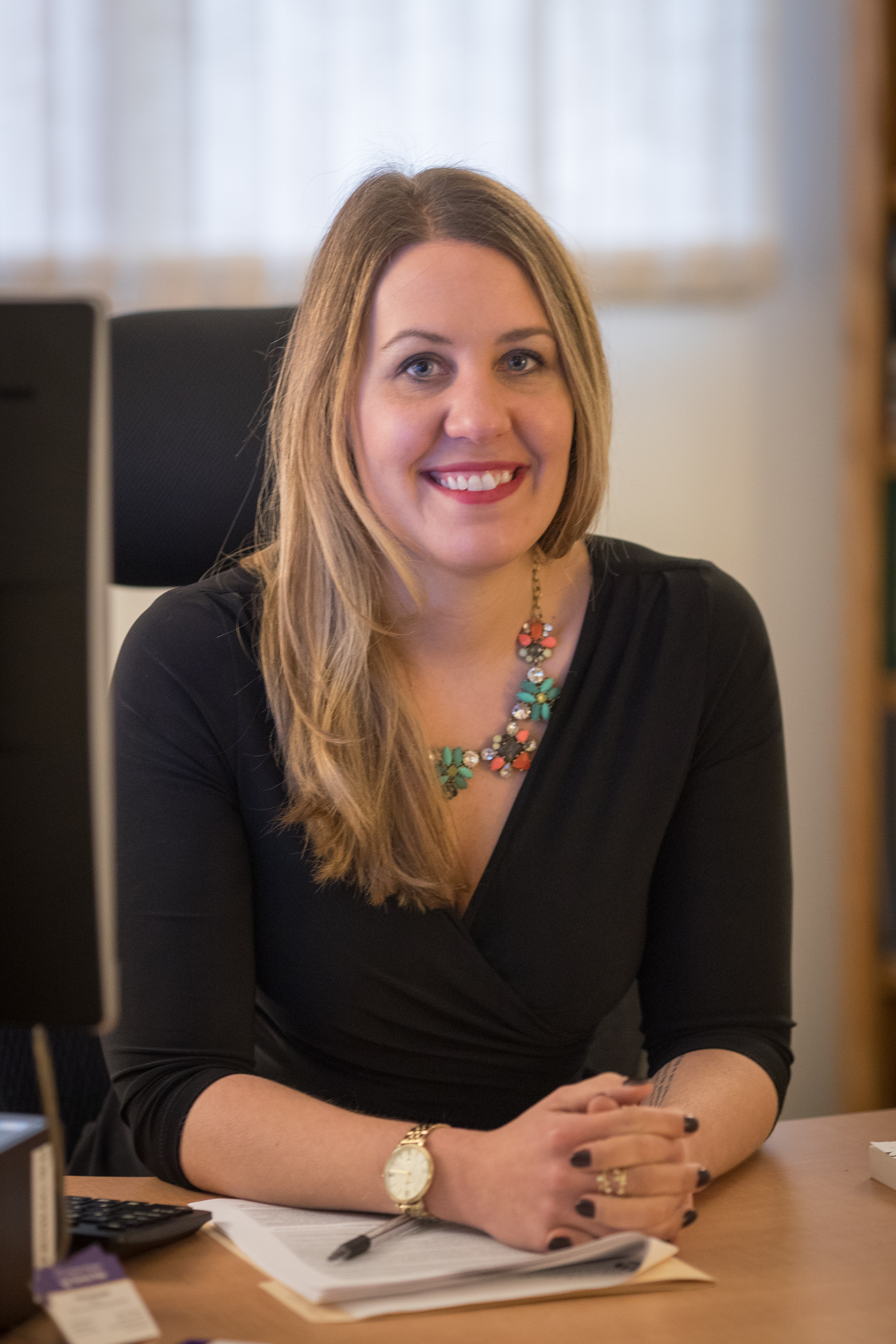
I think one of the most important things we can do is to come from a place of humility by recognizing the limitations of our own perspectives and experiences, as well as the value of others’. Recognizing this and proceeding from a place of genuine empathy and curiosity can be so powerful! I think we all also need to be open to continuously learning—to having a growth mindset, if you will—about our individual journeys as citizens in an inclusive community. There will always be more to learn, more perspectives to explore, more angles to consider. If we see this ever-receding horizon as an opportunity for ever-evolving exploration, rather than a reason to stop engaging, we will all be better for it.
Lindsay Bernhagen, Director, Center for Inclusive Teaching and Learning (CITL)
